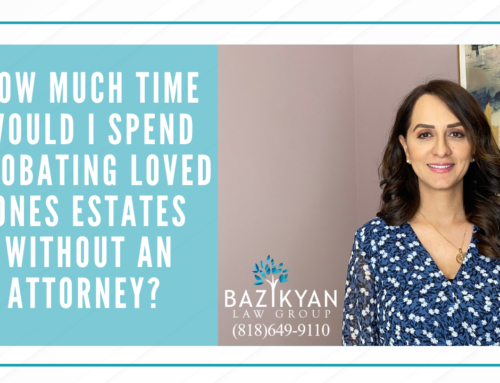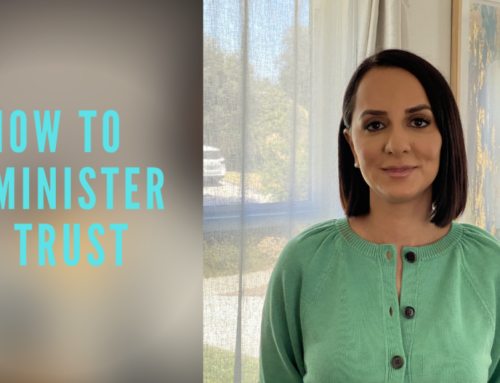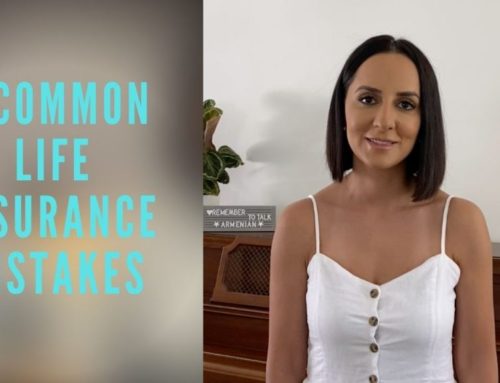There are three legal situations that you may find yourself in when a loved one dies and it all depends on the type of planning they did. For the purposes of this article, we will call the loved one that has passed the “Decedent.”
First. The Decedent died without doing any estate planning.
Second. The Decedent died with only a Will in place.
Third. The Decedent died with a Pour-Over Will and a Living Trust in place.
This article focuses solely on what happens when your loved one dies having a Pour-Over Will and Living Trust.
A Pour-Over Will and Living Trust
Having simply a Will in place does not avoid the probate process as we discussed last month. It is a great starting point, but what most should have in place is a Pour-Over Will and Living Trust. The living trust is the backbone to a comprehensive estate plan because it helps avoid the probate process altogether. If the trust is well drafted and there are no hiccups in the estate, probate will be completely avoided.
How It Works
When you create a living trust during your lifetime, you are creating a bucket. During your life you will fill up this bucket with the different things that you own, called “assets.” Your Pour-Over Will states that all of the assets that remain in your name at the time of your death (that you have not previously put in your bucket) you would like poured into your bucket (Living Trust). At the end, the goal is to make sure all your assets are in the name of the Living Trust (inside this bucket). So, at your death, you will own nothing in your name and thus your loved ones will not need to probate anything. Instead, your Living Trust will own your assets and the person you have appointed as Trustee will distribute your assets. There will be no court involvement and no probate.
This process is private because there is no involvement by anyone other than your family, Trustee and estate planning attorney.
What’s the difference between a Will and a Trust? Click here.
Wondering what a Living Trust is? Click here.
What happens if you have no Will in place? Click here.
What happens if you only have a Will in place? Click here.





